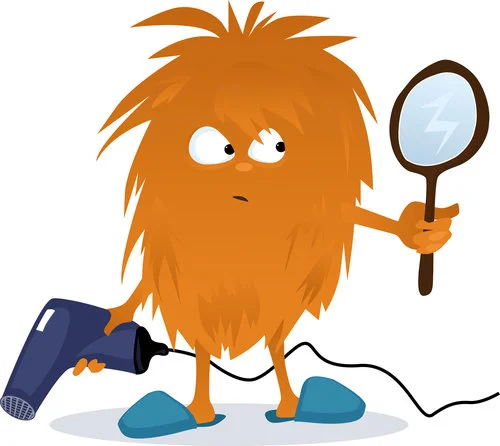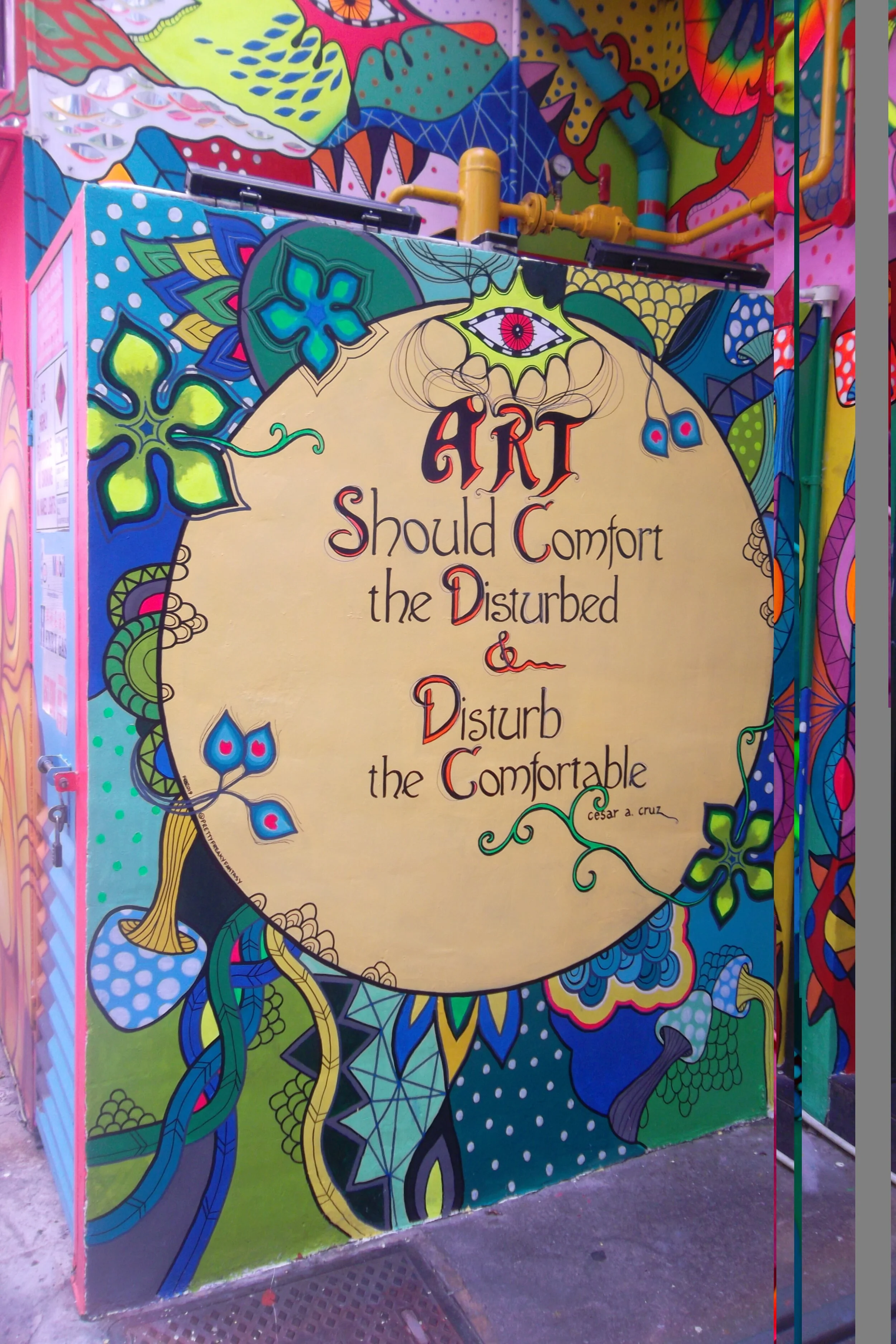Do we have a common parenting culture?
In my day job, I deal with the general public, which has its ups and downs. Recently, two things happened which I found interesting to reflect upon. A pair of kids came into my place of work and started running towards the stairs. This is not something which is encouraged, so I called to them to slow down. Their parents said the same thing, and then (and this is the interesting bit to me) asked me to tell that to their eldest boy, who was around 8 years old.
So, I spoke to the lad and explained that the floor was hard – if he fell, it would hurt. For good measure, I mentioned that his getting hurt would get me “into trouble”. Finally, I advised him to look around and notice how people were reacting to the space…that it was an interesting space, and unlike most other buildings he would enter.
I’m not going to state that what I said was necessarily appropriate or correct…but to my relief, and that of his parents, it worked. However, later in the day, in another part of the building, two other boys were running and then play fighting on the floor, making plenty of noise in the process. Once again, I asked them to calm down, but this time, their parents did very little to back me up. And despite me asking again, nothing much happened to settle the boys down.
What happens when we develop a parenting "multiverse"?
Anyhow, two things stuck with me. The first was that, regardless of background, boys are similar creatures all over the Earth. The second, though, was to wonder what has happened to parental authority….and why it has seemed to diminish so far.
When I was a kid, I was no doubt sometimes rambunctious like the lads I’ve mentioned, and of course at times I’d push the envelope in various ways. But while my parents were patient, I also knew there was a line…and it would only take one glare or sentence - especially from my mother - to stop me in my tracks. Ironically, I’d rarely get into more strife than that…because somehow the implied threat held power.
I don’t know if that works anymore, and I wonder if it’s because the broader society won’t back parents up when a child is misbehaving. There are a range of reasons for that, I think, at least going from my own experience. The first is that people don’t want to get involved – full stop.
The second is fear that by getting involved they the parents (or others) will perceive them as interfering…or, at the extreme end of things, as a potential pedophile. The third is that the parents will feel judged or resentful that a stranger has seen them as somehow inadequate (when truth be told, all of us could do with a hand at times).
To me, the second and third reasons are the cyclic dynamic here. If there is no longer an expectation for people a child doesn’t know to hold that child to account for their public behavior, then many people will retreat out of confusion. The flip side of this, I think, is that parents then become the sole arbiters of what is acceptable public behavior by their kids.
This trend has two consequences. The first is that it puts a lot of pressure on parents, and mothers especially, I think, feel this pressure keenly. The other consequence is that in a multicultural nation, , how children are treated will naturally vary widely. And this plays out in public areas, when people from differing backgrounds inhabit the same spaces. Some families are reasonably strict with their kids, holding their hands as they walk along, and ensuring that they don’t yell out when others are around. Other families act as though they are at a camp ground….the kids run around yelling and squealing, a good 200 metres ahead of their parents.
Now, I should point out I am not (yet!) so crusty as to suggest the sky is falling, and the end is nigh. Most kids are great, and still bring joy and wonder to everyday life in a myriad of ways. I am also not suggesting that all kids growing up when I did were angelic and well behaved. Likewise, not all parents worked in lockstep across Australia before the digital era.
But I do think there was a greater shared concept of “correct” behavior in a given context…and I wonder if this relates to the fact that the population was more religious back then? Ironically, I don’t think it was necessarily abut whatever any given religion had to say, but more the fact that people were gathered for a common purpose once a week. Because it was religious, adults were quiet and calm, and (generally) ensured that their offspring were too. This quietness may have been something kids picked up as a learned behavior, with recognition that there were times in life one couldn’t just do exactly what one felt like on the spur of the moment.
Where are we at now?
Today, though, do people across all social classes do anything together on a regular basis? I struggle to think of anything at all. As the population has become less religious, that common bond of knowing there are times when everyone is quiet is fading. The social need for some level of self-control from individuals is still there, but the broader society no longer reinforces it by example.
One outcome of this is that I think we are becoming a less child-friendly society. As birth rates drop, there are more adults around who have little to no contact with children. Ironically, the historical social bond is important for adults too. While many adults are often now free of others’ expectations, this also means that there are few social bonds that connect them to individuals they don’t know….and so many of them feel disconnected and lonely.
Another outcome is that in the absence of a common behavioral culture, parents struggle to show their children examples of other people acting well. In turn, because the need for this is still there, some parents throw this responsibility onto schools and teachers. Now, apart from the fact that I think teachers have quite enough to do in their own jobs, does anyone think that expecting an individual adult to have a long term influence the behavior of over 25 kids is going to be effective?
It may be, to some degree, in a smaller community, especially if said teacher is with the same children for years. But if children have a variety of teachers over their education, which is the norm, and each teacher has a different idea of what appropriate behavior is, then I think expecting kids to come out with a common understanding of social behavior is deluded. I also wonder if this aspect of things is what is driving the rush towards private schools.
Most adult generations have looked down upon following generations since at least the times of Ancient Greece, and probably since the dawn of time. Secondly, my own experience with most people younger than me today is that they are (not surprisingly) generally good people, with all of the usual human virtues and vices. So clearly, many of them find a way to learn how to behave appropriately by the time they are adults.
Anyhow, if this is where we find ourselves as a society, what next? Is this stuff a problem, or does it work out OK in the end? What do you think?







